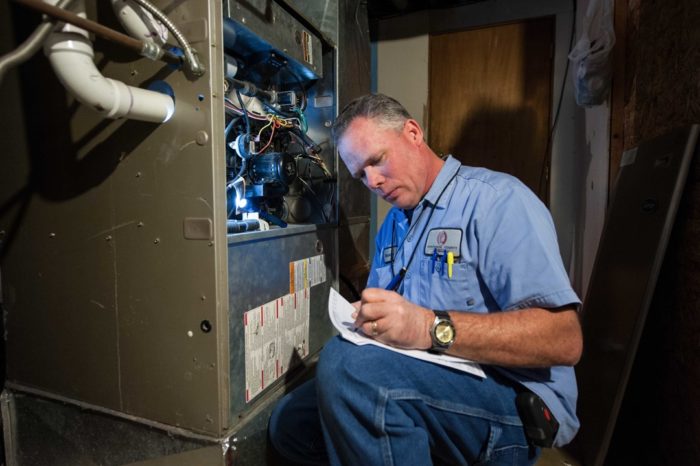
Image Credit: National Renewable Energy Laboratory
Residential energy audits are supposed to give homeowners a clear idea of how they can reduce energy use and save money, but a lack of guidelines and standards for auditors means their reports may instead be unpersuasive or difficult for homeowners to understand.
That, at least, is the theory behind a new research effort led by Dr. Reuven Sussman, a psychologist at the American Council for an Energy-Efficient Economy, and it’s the reason Sussman is gathering energy audit reports from anyone who would care to send him one.
Sussman and his colleague Maxine Chikumbo made the pitch in a recent announcement titled, “How good is your residential energy audit or assessment report?”
Sussman last year worked on a project that looked at the impact of “message framing” on home energy efficiency. In the process, he gathered a dozen or so reports written by different energy auditors. One thing stood out: there didn’t seem to be any common thread in how the information was being presented to homeowners, and that made Sussman wonder about how homeowners were acting on the information.
“Every one of them was very different,” Sussman said in a call. “They varied in length, whether they used pictures or not, the kind of metrics they included. In that previous paper there were some interesting findings but I feel it only scratched the surface and I wanted to go a little deeper.”
With that in mind, the ACEEE is asking home energy assessors as well as homeowners to send reports to Chikumbo for study. (Reports may be sent via email to [email protected].) In October, the Washington-based nonprofit will detail what the research has uncovered at the annual Behavior, Energy and Climate Change conference in Washington. Ultimately, the research may produce one or more templates for auditors to use in the field.
Presentation is everything
In last year’s study, Sussman found that the way efficiency recommendations were presented affected how willing homeowners were to act on them. Even moving recommendations from one list to another in an audit report seemed to influence how homeowners viewed their importance and potential for payback.
Yet there seems to be no industry-wide reporting standards that auditors agree on. “As far as I can tell, it seems as though it’s kind of a free-for-all,” Sussman said.
With reports in hand, Sussman and Chikumbo will enlist the help of contractors, home energy auditors, behavioral scientists, and graphic designers to boil the entries down to between three and five reports that seem to communicate most effectively. The research will even involve “eye-trackers,” experts who can determine what people reading a report look at first and what they look at the longest.
In the end, Sussman hopes they can produce a list of best practices and possibly report templates that will be useful to auditors in the field. The goal isn’t necessarily to cajole homeowners into spending money on upgrades, but to present information in a way that’s “clear and unambiguous” so they can make appropriate decisions.
“An effective audit report allows people to use the information perfectly,” Sussman said. “Sometimes an audit report can be confusing, sometimes it can downplay certain aspects that could be important. We want people to make the optimal decision. If that’s upgrading, that’s great, because ultimately we’d like to save energy and reduce the overall energy used. But if it’s not cost-effective for somebody, we don’t want them to make the wrong decision, either. We don’t want to try to convince them to do what’s not in their own interest.”
FINAL ON WEB – Sussman, Chikumbo 2017 – How to Talk about Home Energy Upgrades.pdf
Weekly Newsletter
Get building science and energy efficiency advice, plus special offers, in your inbox.





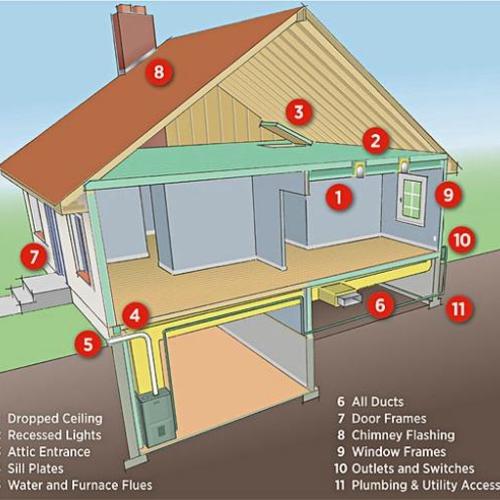
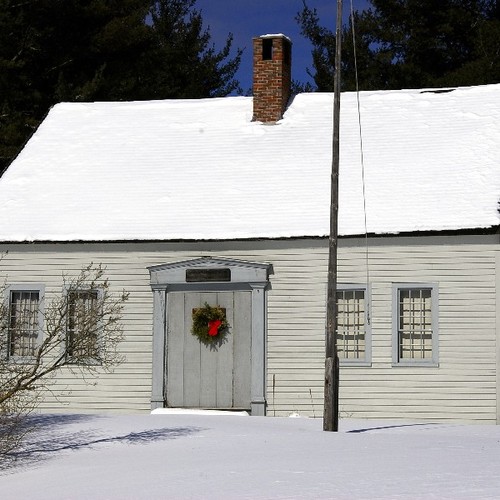
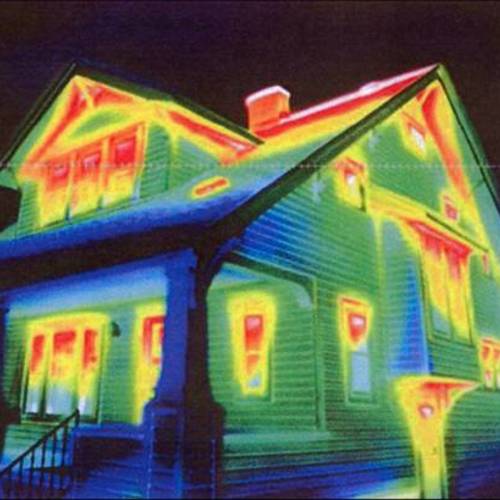
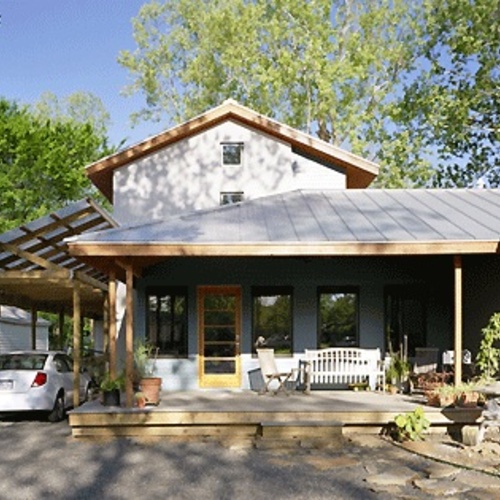






5 Comments
Uniformity In Energy Audits
I am working my way through this study and it appears to be very well done. Utility sponsored energy audits generally do not allow enough time or money for the energy rater to do a comprehensive energy use analysis. Energy bills must be studied, square footages established along with building specifications. From this an energy upgrade priority checklist can be made along with a replacement schedule for HVAC and other degrading elements.
The one we got from our local
The one we got from our local utility was completely bogus. The guy gave only two recommendations, both of which directly contradicted advice from the Department of Energy at https://www.energy.gov/energysaver/weatherize/insulation/where-insulate-home.
Doing a good energy audit
Energy audits are usually subsidized by utilities or some type of energy-efficiency agency for a reason: If homeowners had to pay the full cost of an audit, audits would rarely be performed.
A good audit takes time, and is therefore expensive. High-quality retrofit work also takes time, and is also expensive. These days, energy is cheap -- so the payback period for (a) a good audit and (b) high-quality retrofit work -- is very long. That's why the home performance contracting business is dead in the water.
tough nut
Federally approved energy audits are required by the DOE for the national weatherization program (WAP), and part of the problem we find is often unrealistic expectations from customers. All installed items must meet a savings-to-investment ration of 1.0 or higher (i.e., they need to pay for themselves in energy savings at least once during their lifetime). Invariably, people think windows and doors will get replaced (which rarely meet a 1.0 SIR). Water heaters are the same (although these can be replaced with a different pot of money), and furnaces, heat pumps, boilers and other heating devices are dependent on several factors. Insulation and air sealing are the big savers, but people aren’t interested in these.
Sometimes we run into situations where a client will get a furnace installed (which is typically done first), and then they won’t even allow the installers back inside to do the insulation and air sealing. Such ingrained perceptions are a tough nut to crack.
energy audits
I hope that energy audits go away and are replaced with "environmental damage" audits.
> These days, energy is cheap
And sometimes harmless.
Log in or create an account to post a comment.
Sign up Log in